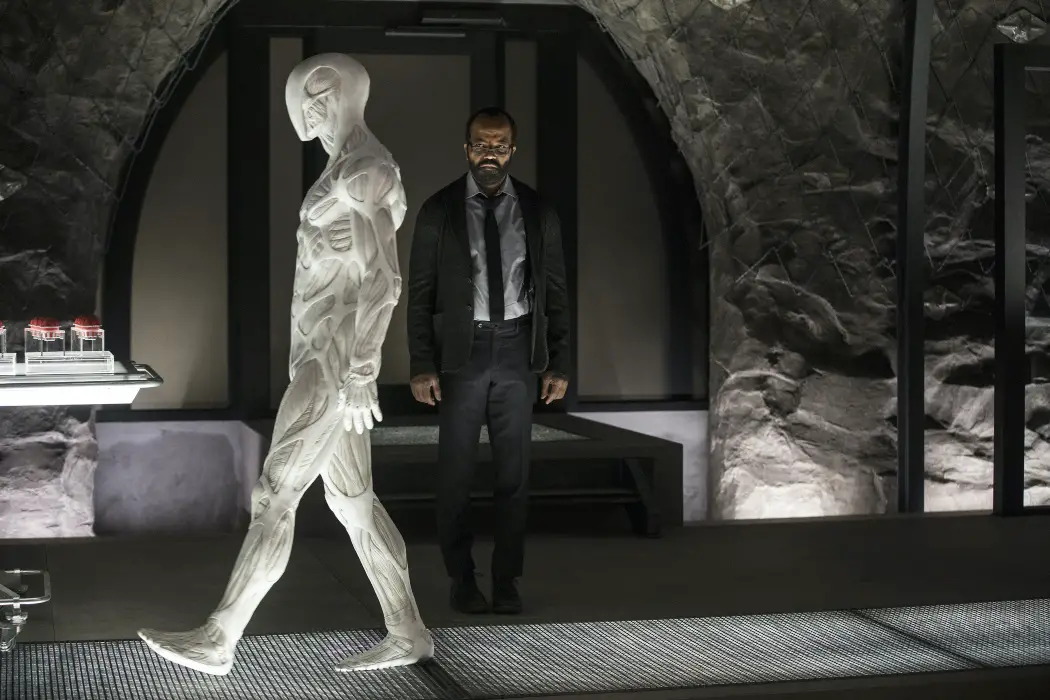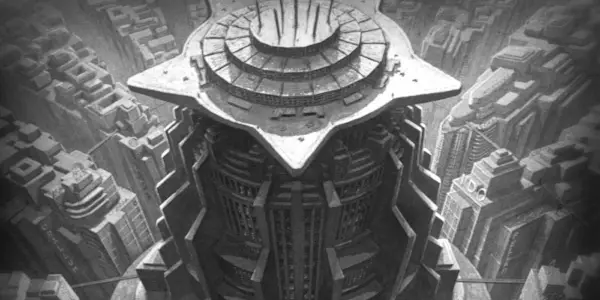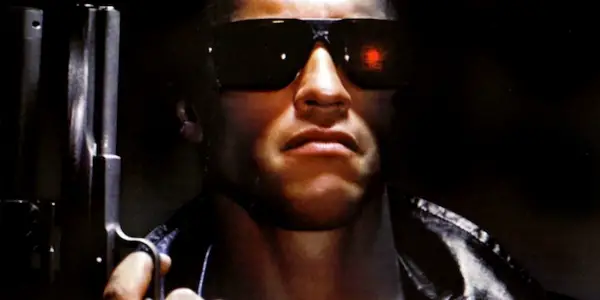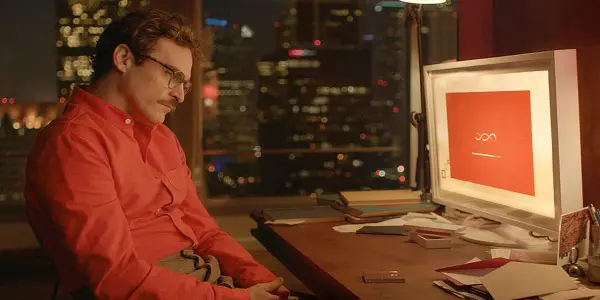The Robots Are Coming: A Brief History Of AI In The Movies

Liam is a freelance culture writer based in London.
Since Fritz Lang gave us Metropolis in 1927, movies about artificial intelligence have established themselves as cautionary tales, offering a sharp look at the world through a dystopian lens. Throughout the decades, robots have stunned and entertained audiences in equal measure, and as technology has advanced, sci-fi writers have inevitably dreamed bigger, telling more fascinating stories about the power of AI.
From malevolent robots to human replicas, representations of AI always seem to reflect our cultural fears. Artificial Intelligence may be taking society and the entertainment industry itself in a new direction, but at least, we can gain an understanding of the imagined possibilities of AI, from various films over the years, both mainstream and indie.
The Origins
Long before our tech obsession took hold, Metropolis blew minds with its visual effects and artistic heights of that era. The film has long been regarded as a landmark sci-fi film, featuring the first known depiction of AI. It’s set in a dystopian future where the wealthy reign from skyscrapers, while the poor toil away underground, running all the machines that power the city. The AI takes the form of a humanoid robot who was created as part of an uprising among the lower-class workers. However, the machine, instead goes on a rampage through the city, marking one of the earliest cinematic portrayals of “technology gone wrong”. Even as far back as 1927, there was a certain attitude toward technology, and these anxieties were carried over into The Day The Earth Stood Still, released 24 years after Metropolis.

In The Day The Earth Stood Still, the storyline revolves around an alien named Klaatu that visits Earth, accompanied by his guardian robot Gort. They bring with them an important message for Earth, which could determine the planet’s survival. The Day The Earth Stood Still received critical acclaim in 1951. Its legacy is a testament to the strength of its idea, and it remains a great social commentary, having been released during the start of the atomic age when technology had cemented itself into the public consciousness. Gort serves as a positive force in the film. He’s not portrayed as a monster, but as a protector, unlike the varying depictions of AI in the following years.
Anyone with knowledge of the subject will know that the fear of machines taking over humanity has been continually reflected in sci-fi. Stanley Kubrick’s 2001: A Space Odyssey remains one of the prime depictions of AI. The film tells the story of a rogue computer who has gained consciousness and become self-aware, turning on the astronauts, leading to a fight to the death. 2001: A Space Odyssey was a game-changer for the sci-fi genre, with its themes of “god-like” machines and human evolution, echoing the message that we don’t have as much control over our creations as we may think. Hal was a new kind of space creature and it’s endured throughout pop culture history.
The Uncanny Rise Of AI
By the 1980s, artificial intelligence had fully ingrained itself into mainstream culture. Beyond the big-budget Hollywood movies, there was an upsurge of sci-fi films that focused on what it means to be human. One of the first was Blade Runner in 1982, starring Harrison Ford as Rick Deckard, a special agent with a mission to hunt down a fugitive group of androids, known as replicants. Spawning a sequel in 2017, the original Blade Runner was a masterpiece of neo-noir, providing a sympathetic depiction of AI. The film shows robots as just like us, with “human emotions”, thoughts, and motives.
James Cameron took the idea of robots disguised as humans one step further in his sci-fi classic The Terminator, which showed Arnold Schwarzenegger as a cyborg assassin, who has been sent back in time to kill Sarah Connor, whose son will one day wage a war against the machines in a post-apocalyptic future. The Terminator posits a world in which Skynet has built an army of humanoid machines to wipe out humanity. It’s a much scarier take on AI, compared to Blade Runner, and it paved the way for a new generation of darker, more serious sci-fi movies.

As we moved closer to the 21st century, CGI and special effects were becoming more sophisticated, giving filmmakers extra room to bring their vision to life. Arguably, The Matrix was one of the greatest and most artistically ambitious films to come out of the 1990s. The film marked the dawn of a new era of visual effects while challenging audiences with deep philosophical themes and the role of technology in our everyday lives. In The Matrix, we’re shown a world in which reality as we know it, is in fact, a virtual simulation, created by machines who’ve enslaved humanity. The Matrix felt like a very heavy-handed allegory for the rise of technology, and the threat of AI becoming the dominant species, much like the franchise led The Terminator.
New Age of AI
In recent years, the movie market has been saturated with robot characters, naturally posing the question of whether we will one day live alongside intelligent machines. The third season of Westworld does a remarkable job of showing audiences a future where people’s lives are controlled by AI. However, the crown for the most original AI movie surely must go to Spike Jonze’s Her, one of the most refreshing films of the 2010s. It’s the story of a lonely man who falls in love with a sentient operating system (O.S.), who calls herself Samantha, voiced by Scarlett Johansson.

Her explores the boundaries of human connection, offering thoughtful provocation as opposed to preaching about the dangers of technology. It’s a movie about loneliness, individuality, and the ease and convenience of our operating systems. On the opposite end of the spectrum is Lars Klevberg’s 2019 Child’s Play remake. It’s a re-imagining of an iconic horror villain, serving as a gloriously dark satire and a well-realised reboot for our current generation. The new Chuckie, voiced by Mark Hamill, is a robot doll, who goes on a killing spree after picking up cues from casual violence he observes in the world around him. While Child’s Play falls outside of the sci-fi genre, it’s still an interesting, but very grisly take on AI that walks a fine line between horror and comedy.
Conclusion:
Nobody knows what the future holds for AI. One thing is for sure though; AI will continue to evolve onscreen and show audiences new technological possibilities that were once unthinkable. While sentient machines are (hopefully) way off, these movies paint incredible, sometimes scary pictures of our relationship with technology. Overall, these movies serve to remind us that technologies – no matter how flawed or expertly programmed they might be – are a human creation. As Tyrell says in Blade Runner, “You were made as well as we could make you…”
Does content like this matter to you?
Become a Member and support film journalism. Unlock access to all of Film Inquiry`s great articles. Join a community of like-minded readers who are passionate about cinema - get access to our private members Network, give back to independent filmmakers, and more.













